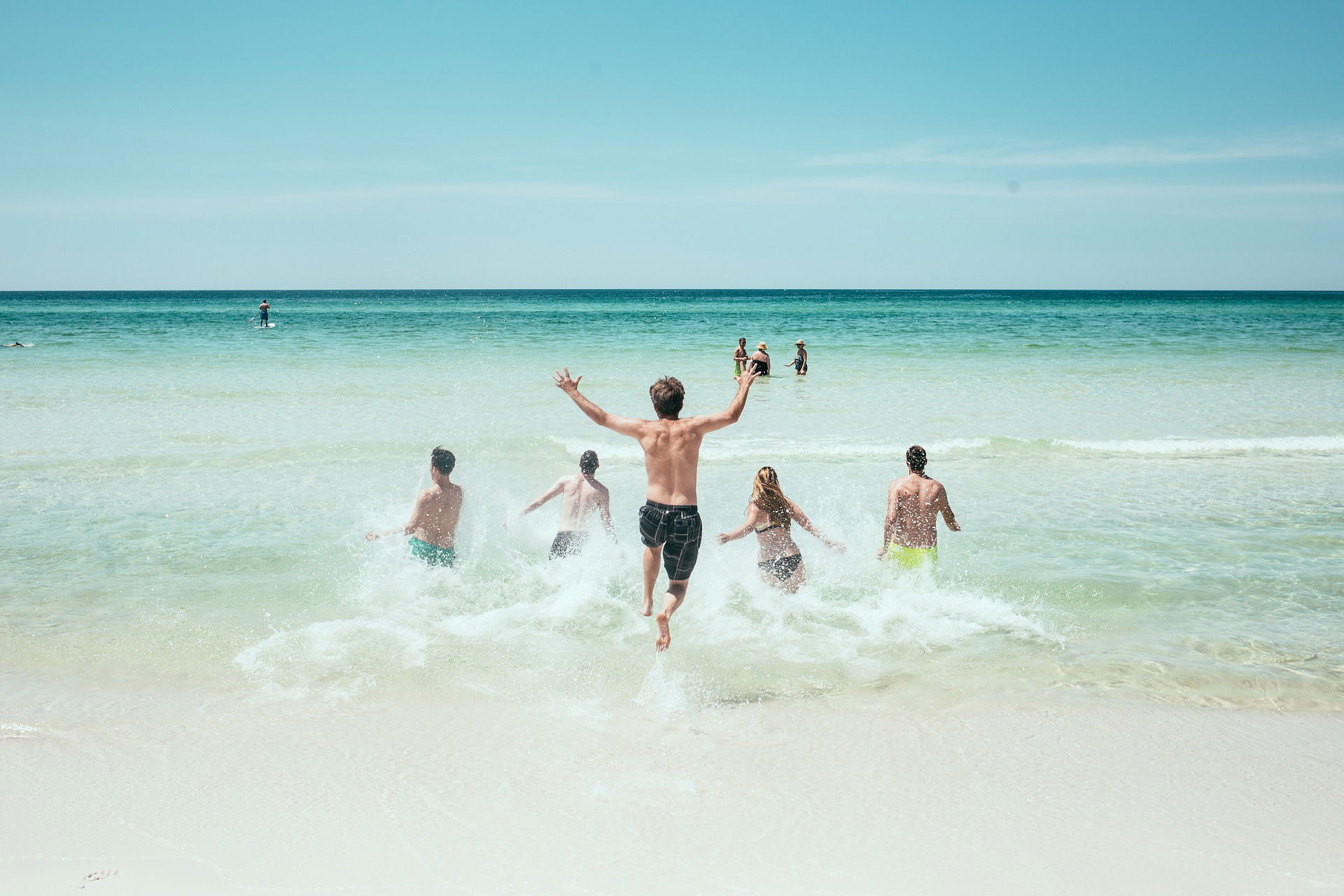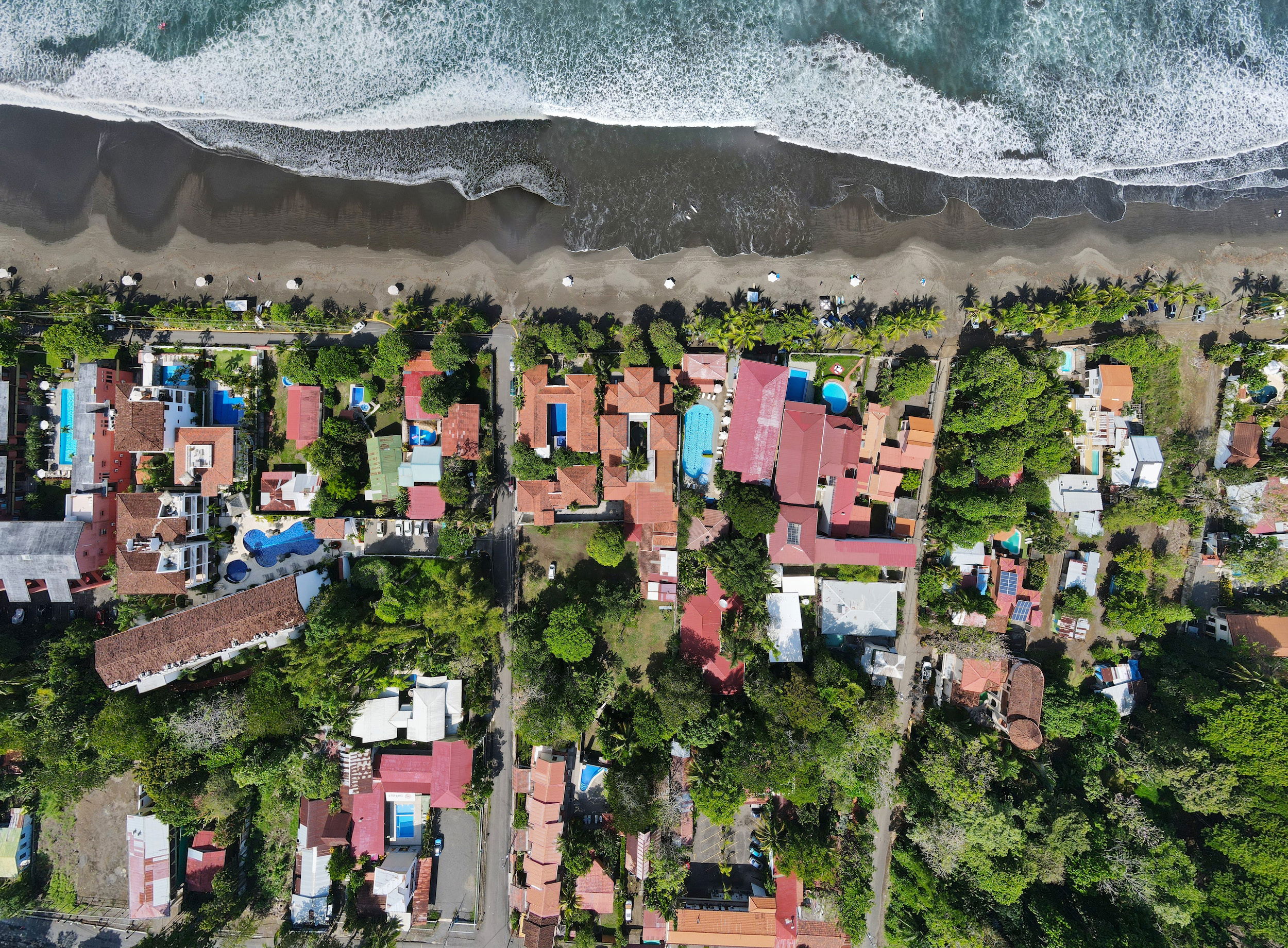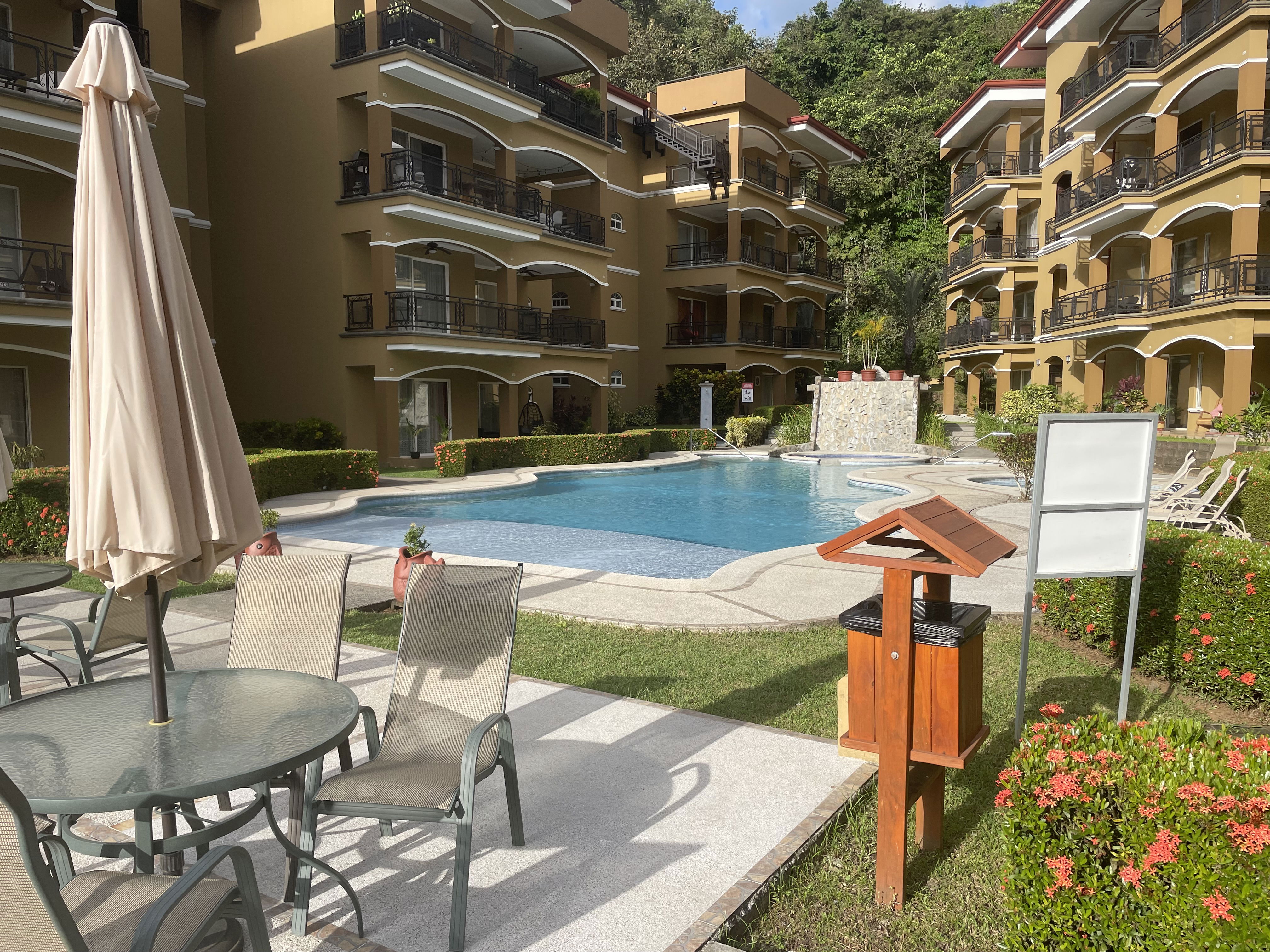Buying Property in Costa Rica- part 1
What You Should Know Before You Buy
As real estate agents in a foreign country, we deal mostly with fellow North Americans who are interested in buying property here either as a second home or as an investment property.
Most have the same basic questions, so I decided it would be a good idea to put the answers to those questions into a blog post, where prospective buyers can access the information at any time.
It’s a lot of information, so I will be breaking it up it a few separate posts. Here is the first!
The first question is usually some version of “Can a foreigner buy property in Costa Rica?“ Or “How hard is it for a foreigner to buy property in Costa Rica?” And the answer is yes, it is possible for a non-resident to buy a house in Costa Rica, and it is a straightforward process as long as you have the cash in hand.
However, there are some things you should know before you start the process. In this series of posts we will talk about topics like:
- Purchasing A Waterfront Property
- Maritime Zone Law
- the legal process
- buyer’s rights and responsibilities
- can you rent your new property?
- What are the costs of running a rental property?
- Average income from a rental property
- What is a finca?
- What is INDER property?
- Titled Property, and the cost of transferring your title
- Title Insurance
- What is the National Land Registry (NLR) and how can it affect me?
- Real Estate Attorneys- why you need one!
- What is a SUGEF?
- Can you finance your purchase in Costa Rica?
- Wiring money from home
- Bringing more than $10,000 into Costa Rica
- Working with a local Real Estate Agent
- Standard Sales Commission Percentage
- What kind of Closing Costs should you expect?
- When Will You Need A Special Power of Attorney?
- Registering the title of your new property
- What About Property taxes?
- Corporations and Corporation taxes
- Condominium fees or HOAs
- Utilities
- Carta de Agua/water letter
- What about Security?
- What is the best area to live in?
- Building a Home in Costa Rica
Like I said, it’s a lot of information. Today we will deal with the first 4 topics from the above list.
Purchasing A Waterfront Property
Most expats who come to Costa Rica would prefer waterfront property. If that applies to you, the first question you should ask regarding property located on the water is, “How far is it from the high tide line?”
Costa Rica has put restrictions in place to ensure that the ocean and the coastline remains accessible to everyone. Therefore no one can own any land that is within 50 meters of the high tide line. This area is known as the Public Zone.
Article 20 states,
"Except for the exceptions established by law, the public area may not be occupied under any title or in any case. No one can claim any right over it. It will be dedicated to public use and especially to the free movement of people. The entities and authorities indicated in article 18 must dictate and enforce the necessary provisions to guarantee the free and safe movement of people and the public use of this area.(Sistema Costarricense de Informacion Juridica, 2022)"
This means that no one can deny access to any beachfront area or shoreline. YES, even if you buy the piece of land closest to it. You can’t block it off in any way.
Unless your property adjoins a rocky or hard to access piece of waterfront, you must expect to see people. This is a very active population, and they love to spend time walking the beach, fishing, camping, and so on. Quite often these activities will include music… lots of music.

If you expect that owning waterfront property will give you exclusive access, you may be disappointed. My advice? If you want to enjoy the beauty of an oceanview without worrying about beachgoers… buy on a cliff. There are lots of amazing oceanview properties that sit well above the beach and this separation will provide a bit more privacy.
Maritime Zone Law
The next important rule to be aware of involves the Maritime Zone Law(ZMT). The Maritime Zone is the area from 50 to 200 meters from the high tide line. It also has restrictions on it, which is why it’s also called the Restricted Zone.
The “Ley No. 6043 sobre la Zona Marítima Terrestre,” was passed in 1977 to prevent wealthy expats and international hotel chains from buying up all the best beachfront property.
Article 12 of the ZMT states:
"In the maritime-terrestrial zone, it is prohibited, without due legal authorization, to exploit the existing flora and fauna, to delimit with fences, rails or in any other way, to erect buildings or facilities, to cut down trees, to extract products or to carry out any other type of development, activity or occupation." (Sistema Costarricense de Informacion Juridica, 2022)
This doesn’t mean that you can’t own property in the ZMT, but it has to be under special circumstances. For instance, any property that was sold and properly titled before this law has been ‘grandfathered’ and can be bought and sold just like any other titled property.
Plenty of small coastal towns such as Jaco were built up before the ZMT, and have many homes that do not fall under the ZMT restrictions because they have been grandfathered.

However, if you are looking for a newer construction, and you are planning to become a resident you may be able to apply for a concession.
Concessions
The other way to live in the Maritime zone, is to apply for and receive a concession. This means obtaining permits from the local municipality, and essentially allows you to “rent” the right to live on the property.
The canon (the rental amount), is usually 4% of the value of the property. Mosts concessions are for a period of 5-20 years.
Please note! This option is for those who have been legal residents for at least 5 years.
There are a few ways around this law, but the only one I’m going to mention is this- because the others are a inherently risky and involve giving a local and/or your lawyer de facto ownership of half of your property.
Here is what the law actually says, Article 47.- Concessions will not be granted:
a) To foreigners who have not resided in the country for at least five years;
b) To corporations with bearer shares;
c) To companies or entities domiciled abroad;
ch ) To entities constituted in the country by foreigners; and
d) To entities whose shares or quotas or capital, correspond in more than fifty percent to foreigners.
The entities that have concessions may not assign or transfer quotas or shares, nor their partners, to foreigners.
In any case, the transfers that are made in contravention of the provisions herein, will be invalid.(Sistema Costarricense de Informacion Juridica, 2022)
Here is the only method that, in my humble opinion, offers you a reasonable amount of security, and the most control over your property.
Have your lawyer/law firm creates a trust company for you. The trust will then hold the other 51% of your property for you.
Understand though, this is still an end-run around the law and does still involve a certain amount of risk. Still, if you want property within the ZMT, this may be the only way to do so without waiting until you have been a resident for the 5 year minimum.
And here is a little legaleeze to cover my own backside in the event that you try it…
**I am not providing legal advice, and for your own safety I recommend that you seek the advice of a trustworthy and qualified lawyer before considering any of these methods.
**None of these methods guarantee approval of a concession. But, in towns where concessions are already in place, you can often buy/trade existing concessions. You must notify the proper authorities for the concession to truly be yours, which means registering the property with the Public Registry of Properties.
Okay then, moving on! Speaking of legal stuff, here is a general description of the usual legal process when it comes to buying an existing house or condo in Costa Rica.
The Legal Process
If the property that you want to buy is not part of the ZMT, the process is similar to what you do in North America.
A written offer to purchase is made (not to be confused with a Sales and Purchase Agreement, which is binding). The seller will then either accept the offer or negotiate the terms or price.
If an agreement is reached, a Sales and Purchase Agreement is written and presented. When this is accepted, the contract will be signed by both parties and a deposit (usually 10%) is expected.
Unless otherwise stated in the contract, this deposit is expected within 2 weeks. It will usually be held in a government registered escrow account, known as a SUGEF. If your lawyer does not have a SUGEF approved escrow account, there are third party companies that can hold your deposit.
For most properties, the closing date is within 30-60 days. Unless otherwise agreed upon, all financing must be organized before that time.
Fairly simple, right?

Let’s dive a little deeper so that all your I’s are dotted and all your t’s are crossed…
Before the Sales and Purchase Agreement is presented, make sure that your lawyer checks the Central Land Registry!
This is to ensure that the property's title is free and clear, and verify that all applicable taxes on the property have been paid.
If you sign the agreement before this is done, you could be on the hook for the previous owners back taxes and other fees. It’s a good idea to put the payment of any outstanding fees (by the seller) into your Sales and Purchase Agreement as well, just to be sure.
Depending on how you want to register your title, the lawyer may also need to set up a corporation.
**If the property is within the ZMT, your lawyer may also need to set up a sociedad anónima (S.A.), and a trust company as mentioned in the section on Maritime Zone Law.
Buyer’s Rights and Responsibilities
So what happens after you buy a property Costa Rica?
Here is a list of your responsibilities:
- You must comply with all national and municipal laws, Agrarian and Environmental Laws, and restrictions.
- Register your ownership with the Costa Rican Land Registry
- Pay any applicable property taxes
- Pay the Luxury Home Tax, (if over $234,000)
- Pay your Corporation Tax, if you have registered your title under a corporation
- Pay applicable Property Transfer Costs as per the purchase agreement.
- Pay the annual canon (rental fees) if your home is on a concession.
- Pay the real estate commission.
Okay, so there you have it, the basic legal process of buying a home in Costa Rica!
It’s really not that complicated but it does require an understanding of Costa Rican property laws and regulations so that there aren’t any surprises along the way.
Part 2 in the series will deal mainly with rental properties, and will cover what you can expect to earn as well as what your responsibilities are in terms of taxes and fees.
Until then, toodles and Pura Vida!

